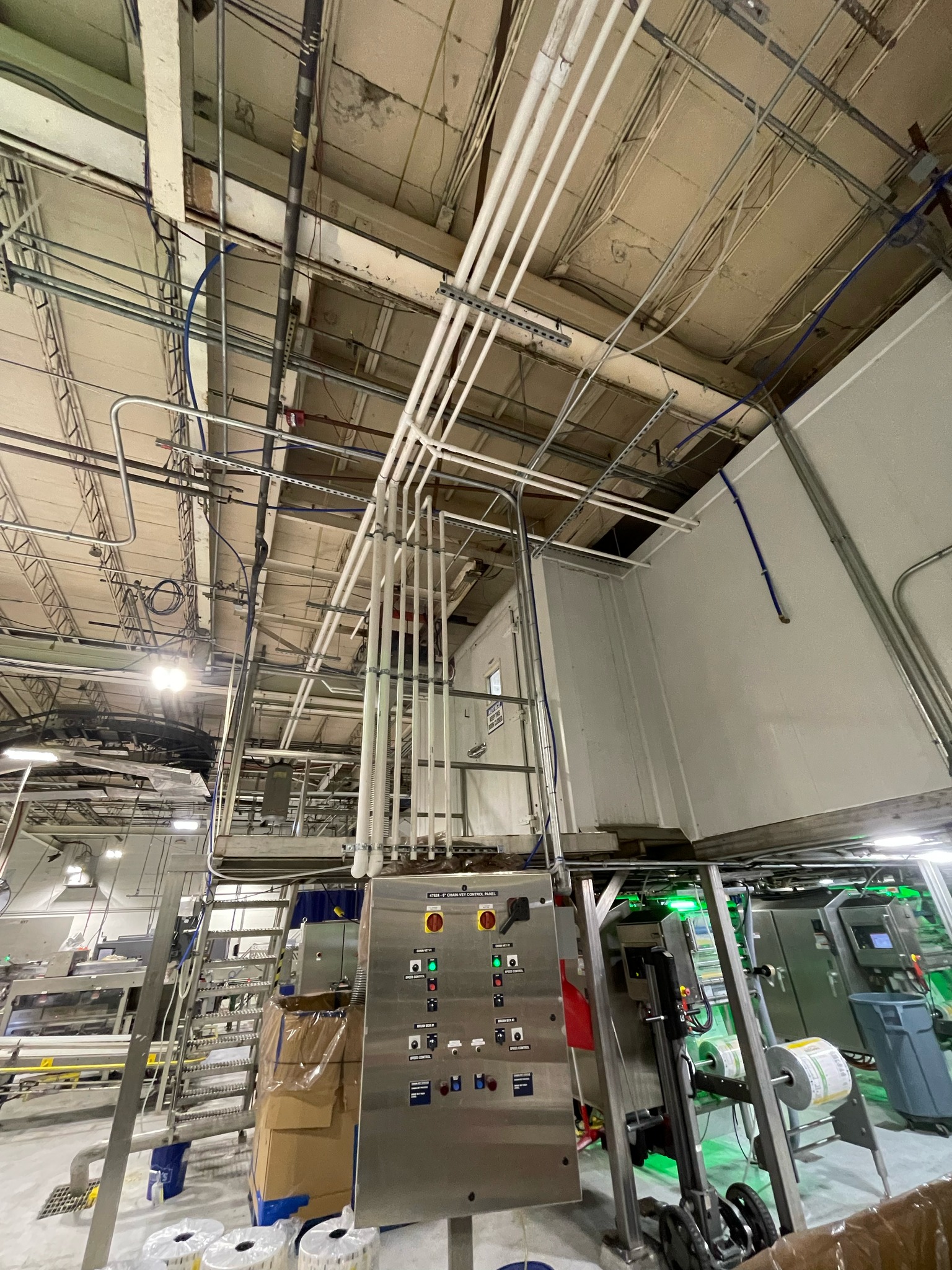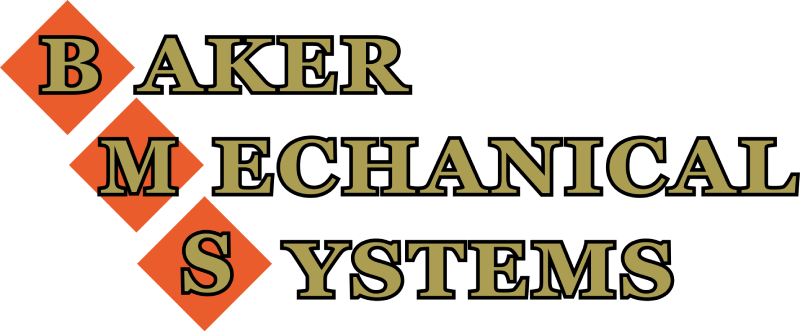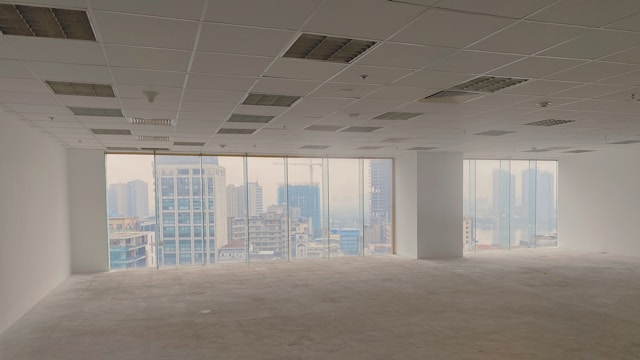Blog
How Process Piping Improves Efficiency in Food Processing and Manufacturing Facilities

In food processing and manufacturing industries, precision, reliability, and cleanliness are essential to operations. Process piping plays a critical role in delivering ingredients, chemicals, and fluids where they are needed—safely, efficiently, and without interruption. However, many businesses overlook just how much their piping systems impact overall production efficiency, downtime, maintenance costs, and even regulatory compliance.
At Baker Mechanical Systems, we design and install high-performance process piping systems for industrial and food processing facilities throughout Rochester, NY and beyond. Here’s how a properly designed and installed process piping system directly improves efficiency in your operations.
1. Reduces Production Downtime
In manufacturing and food processing, downtime costs money—every minute counts. A poorly designed piping system with frequent leaks, blockages, or contamination risks can lead to repeated shutdowns for cleaning, repair, or troubleshooting.
A professionally installed process piping system:
-
Minimizes leaks and failures through high-quality materials and precise installation
-
Allows for easier, quicker clean-in-place (CIP) procedures
-
Streamlines product transfer between production stages
Fewer unexpected interruptions mean more consistent production schedules and higher profitability.
2. Improves Flow Control and Consistency
Inconsistent flow rates, pressure fluctuations, and contamination between products can significantly impact food safety, product quality, and batch consistency.
Modern process piping solutions are engineered to:
-
Maintain consistent pressure and flow rates, even under demanding production loads
-
Prevent backflow or cross-contamination with proper valves and sanitary design
-
Support multiple product lines or cleaning cycles without unnecessary complexity
With better flow control, facilities achieve higher throughput, better product quality, and fewer rejected batches.
3. Enhances Food Safety and Regulatory Compliance
In the food processing industry, regulatory compliance is not optional. Piping systems must meet strict standards for hygiene, materials, and cleanliness to avoid contamination and meet USDA, FDA, or HACCP requirements.
An efficient process piping system improves food safety by:
-
Using sanitary-grade stainless steel or other approved materials
-
Designing smooth, cleanable piping layouts that minimize bacterial growth points
-
Implementing proper drainage and clean-in-place (CIP) systems for easy sanitation
By reducing contamination risks and streamlining cleaning processes, businesses maintain compliance more easily and reduce the risk of fines, shutdowns, or recalls.
4. Lowers Energy and Utility Costs
Poorly designed or aging piping systems waste energy by creating pressure losses, product waste, or inefficient cleaning cycles. Upgrading to a modern, efficient process piping system can help:
-
Reduce pumping costs by optimizing pipe diameter and flow path design
-
Minimize wasted product through improved flow control and system drains
-
Shorten CIP cleaning cycles to reduce water, chemical, and energy usage
Lower utility and resource costs over time add up to major operational savings.
5. Increases Flexibility for Future Growth
Efficient process piping does not just meet today's production demands—it anticipates tomorrow’s needs as well. Facilities that grow or diversify their product lines can face costly upgrades if their piping systems are not designed with flexibility in mind.
Smart piping design allows for:
-
Easy addition of new lines, tanks, or processing equipment
-
Quick isolation of sections for maintenance without shutting down full operations
-
Modular designs that accommodate future process changes with minimal disruption
Building flexibility into your process piping from the start supports long-term operational efficiency and growth.
What Industries Benefit Most from Process Piping Upgrades?
Many industries see major gains from upgrading their process piping systems, including:
-
Food and beverage processing plants
-
Dairy and brewery operations
-
Pharmaceutical manufacturing
-
Chemical processing facilities
-
Industrial manufacturing plants
Any business that relies on the safe, efficient transfer of liquids, gases, or semi-solids can improve efficiency and compliance with a properly installed and maintained piping system.
Maximize Your Facility's Efficiency with Baker Mechanical Systems
At Baker Mechanical Systems, we specialize in the design, fabrication, and installation of commercial and industrial process piping solutions. From food-grade sanitary piping to heavy-duty chemical systems, we understand what it takes to build systems that are safe, efficient, and built to support your operational goals.
If you are planning a new facility, expanding production, or upgrading aging systems, now is the time to evaluate your piping infrastructure.
Call Baker Mechanical Systems today at (585) 458-7080 or visit bakermechanicalsystems.com to schedule a consultation.
Let us help you improve production efficiency, maintain compliance, and build a stronger operation with expert process piping solutions.
‹ Back








